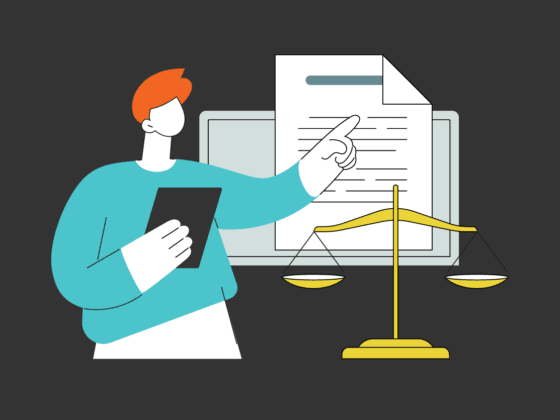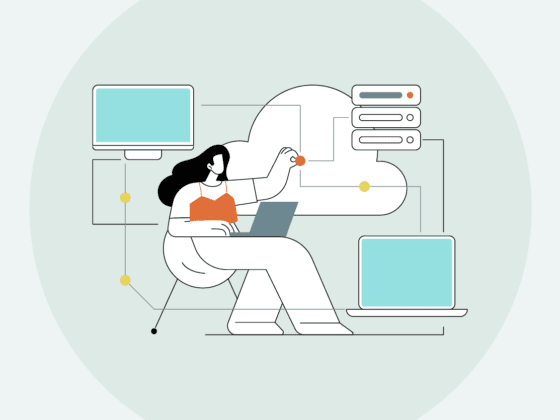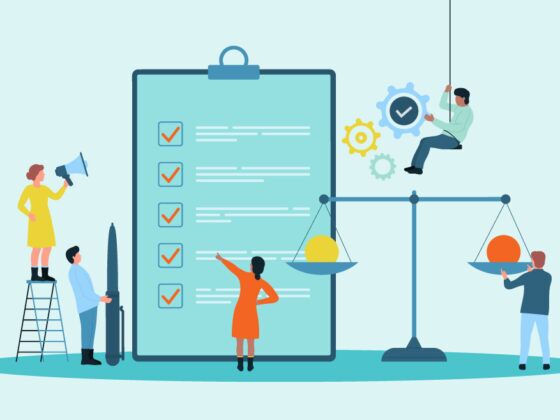
CONVERSATIONS WITH: Alitia Faccone + Rakesh Madhava
Nextpoint’s “Conversations With” is a feature offering insights from two or more industry insiders in a “panel-style” discussion around a specific topic area. Expect a lively and thought-provoking reportée and check back regularly for installments. To read the whole series, here is Part 1, Part 2, Part 3, Part 4, and Part 6..
Installment #5 by Rakesh Madhava
Alitia (Faccone),
Thanks for your great post on the mindset of the contemporary litigator. Don’t get me wrong—we love the eDiscovery punditry. I don’t mean to dismiss any members of the profession. We applaud them and will grab a drink with them any time. But we think that there is a fixation on eDiscovery that has blinded our industry to the broader demands in litigation. The procedural demands of a trial are perhaps not as exciting or cutting edge, but hopefully we can persuade them to expand their mission to include issues they might consider mundane, pedantic, or grassroot.
1. There is no Such Thing as eDiscovery – It’s all Discovery
The first order of business is to recognize eDiscovery was exotic a decade ago, but for the most part it is now been codified into the Federal Rules of Evidence, ethics rules, and case law. The answers for most, if not all, eDiscovery issues already exist. That’s part of the reason why the DaSilva Moore and Kleen cases are so hotly debated—because they advance one area of truly new eDiscovery law.
For the most part, when a law firm or lawyer is sanctioned for an eDiscovery failure, it’s not because they were blindsided by some new technical problem or by an unforeseen new development in the law. The fact is, eDiscovery case law is mature and there are very few surprises left to be hashed out. And while interesting, debating whether a “hybrid multi-modal” predictive approach is superior to a pure latent semantic approach is precisely the phenomena occurring in the one-percenters.
It’s not even clear why we have the word eDiscovery anymore. It’s all discovery. If you do have paper records, those are going to be scanned and converted into digital records anyway. The bottom line is that digital evidence is discoverable, your client has a duty to preserve evidence when litigation is imminent, producing parties have a duty to produce metadata, multimedia, and all related content and the burden is on you to protect privilege. These lessons need to be burned into the brain of every litigator.
2. Focus on Your Core Strengths
Second, it is important to understand that the technology companies in the legal industry play a vital and central role. The business analogies are endless. Think about the military ignoring defense contractors. Doctors denying the need for pharmaceutical companies, or car companies not working with tire manufacturers.
It’s time for lawyers to recognize that a robust, organized and meaningful technology supplier ecosystem is critical to the effective practice of law.
3. Advocate Within Your Profession
If you are a technophile lawyer, you have a responsibility to convince your more technophobic colleagues that their state of denial is detrimental to their livelihood. I had a tech savvy lawyer ask me what to say when faced with an associate who claims, “they don’t do computers.” This associate must learn to love their software if they intend on working at the firm.
4. Demand Technology That Works
There’s a reason why people say litigators build a case. What lawyers do is very much analogous to the construction business, only working with information. Their tools need to be flexible and reliable for their intellectual edifice to stand up. Unfortunately, most litigation tools were built a long time ago and for an information technology paradigm that is quickly disappearing. We’re talking about clunky old software made for an old-fashioned, PC-connected, local area network infrastructure. Meanwhile, the modern trial is only more intense and demanding, while lawyers are stuck using technology that is largely the same as it was 20 or 30 years ago.
Let’s have a new relationship between law firms and technology providers. A few large software companies seem to think they have a captive audience that is forever beholden to a couple of industry standard solutions. Just because law firms have been using the same technology suite for decades does not mean the legal community is stuck.
Litigators must insist on a clawback agreement with their providers. If your technology isn’t flexible enough to handle the changing litigation landscape, it’s time to demand you get your data back, so you can move it to the cloud, to the web, to Macs or iPads, or whatever platform actually serves your needs. Lawyers’ livelihood is their intellectual property. You cannot expect to grow, evolve, or reach new ground using the same, limiting, clunky solutions that have been around for decades.






